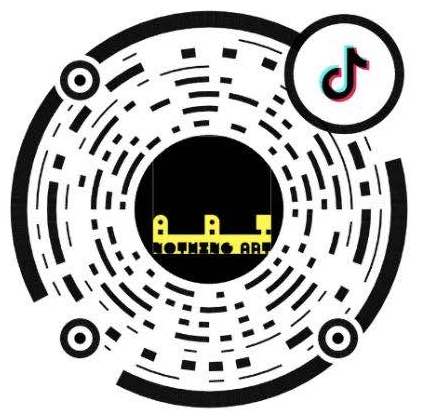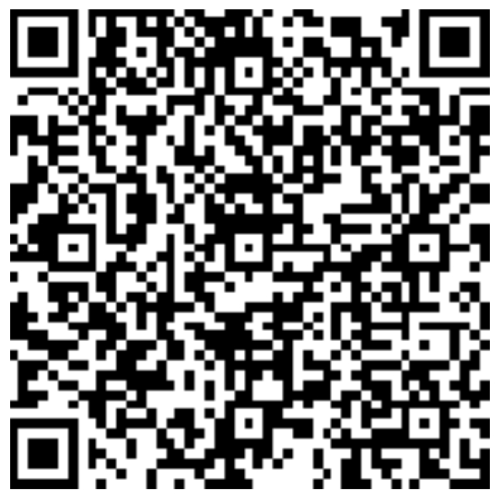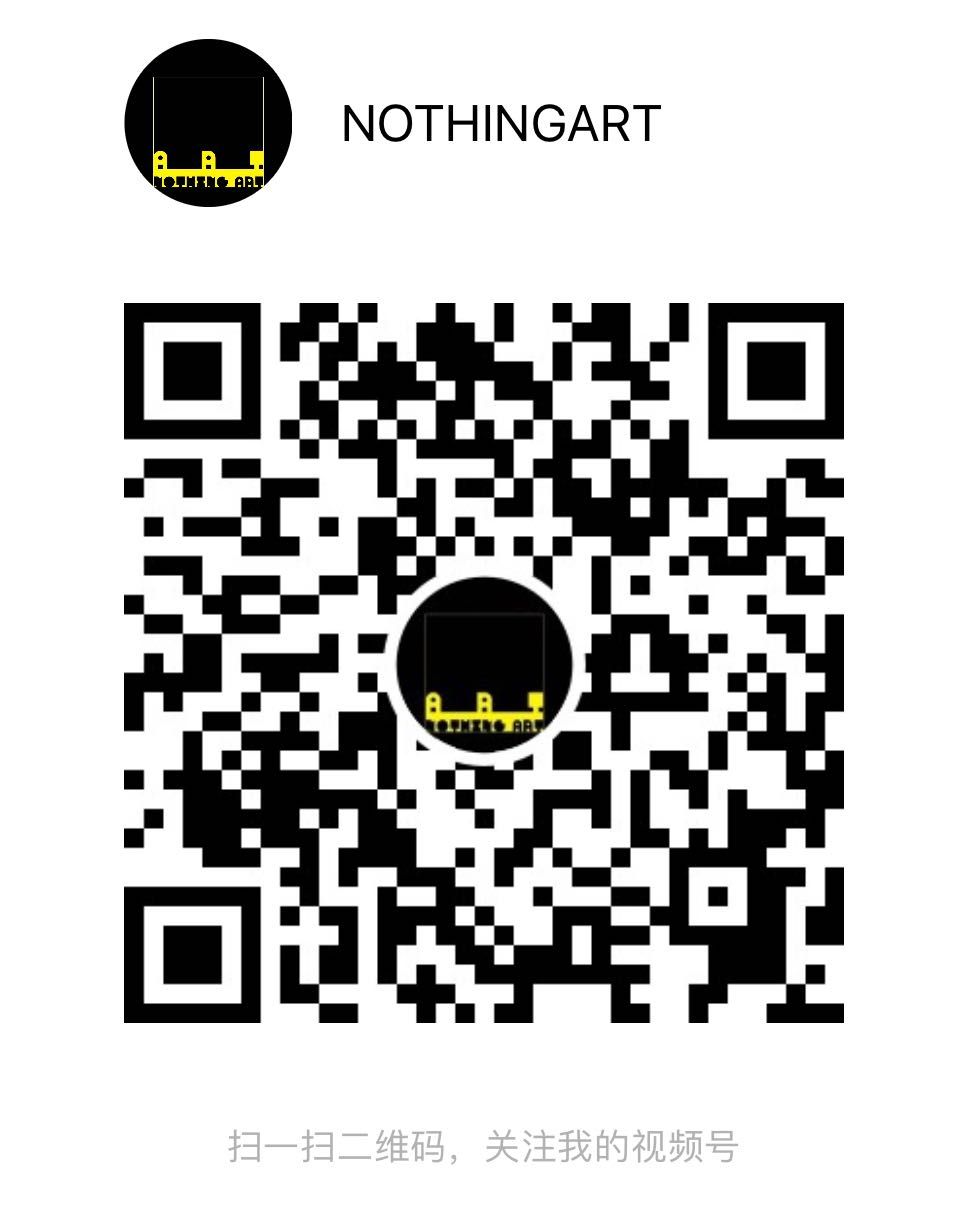Tang Da Wu 唐大霧 was born in 1943 in Singapore, the eldest of four sons in the family. He received a BA in sculpture from the School of Fine Art, Birmingham Polytechnic (now Birmingham Institute of Art and Design) in 1974 and pursued advanced studies in sculpture at Saint Martins School of Art (now Central Saint Martins) from 1974–75. In 1985, he received an MFA from Goldsmith’s College, University of London. After returning to Singapore in 1979, Tang began to work in performance art, and in 1988, cofounded the Artists Village, a collective committed to promoting experimental art through the provision of studio and exhibition space. Working through a de facto ban on performance that began in 1994 as a response to artist Josef Ng trimming his pubic hair at a public festival, the organization supports community interaction through social relevance and the hosting of public site-specific interventions. Through performance, installation, painting, and drawing, Tang explores social and environmental themes including deforestation, animal endangerment, and urban transformation.
Tang was the founder of Singapore’s seminal The Artists Village and a is a prominent Southeast Asian performance artist; he is amongst the most distinguished figures of contemporary art in Singapore. Contemplating his own identity as a Chinese Singaporean, Tang uses a broad array of media with local references and iconography to engage in his performance art. Tang’s works have been performed and shown in countries such as England, Japan, Germany, Australia, Philippines, Malaysia and Indonesia, making him acknowledged as the most representative contemporary artist in Southeast Asia today.
Tang is recognised for his works in sculpture, installation and performance art, his paintings narrate countenances for a spatial sense of ambiguity; demonstrating that Chinese ink painting is more than an archaic medium confined to still-life and landscape. Present in Tang’s ink paintings is a persistent exploration of motion and energy, poignantly and dynamically achieved through transcendence with the mediums of ink, water and paper. The ink in his works bleeds into one another, their varying hues forming intense monochromatic silhouettes that depict a partial and allusive picture of a feeling which the viewer is invited to respond with.
Tang was the recipient of the Visual Arts Award from the Arts Council of Great Britain in 1978, as well as the Artist Award from the Greater London Arts Council in 1983. In 1999, he was awarded the 10th Fukuoka Asian Culture Prize in Arts and Culture.
He has had solo exhibitions at ACME Gallery, London (1978), National Museum Art Gallery, Singapore (1980), Your Mother Gallery, Singapore (2005), Valentine Willie Fine Art, Kuala Lumpur (2006), and Goodman Arts Centre, Singapore (2011). Important performances include Five Days at NAFA and Five Days in Museum, Nanyang Academy of Fine Arts and National Museum, Singapore (1982), They Poach the Rhino, Chop Off His Horn and Make This Drink, National Museum Art Gallery, National University of Singapore, and Singapore Zoo (1989), and Don’t Give Money to the Arts, Singapore Art exhibition and fair (1995). He was a leading organizer of and participant in the Artists Village’s Dancing by the Ponds and Sunrise at the Vegetable Farm, The Time Show—24 Hours Continuous Performance (1989–90). The group and its activities were celebrated in the retrospective The Artists Village: 20 Years On at the Singapore Art Museum (2008).
Tang has participated in group exhibitions including the Asian Art Show, Fukuoka Art Museum, Japan (1989), Art in Asia: Traditions/Tensions, Art Gallery of Western Australia, Perth (1998), Fukuoka Asian Art Triennial (1999), and Singapore Biennial (2006). He was featured in the Singapore Pavilion at the 52nd edition of Venice Biennale in 2007. More recently in 2014, Tang’s sculpture was presented at the Guggenheim UBS Map Global Art Initiative, curated by Singaporean curator June Yap and exhibited at NTU Centre for Contemporary Arts in Gillman Barracks, Singapore. The work “Our Children, 2012” was acquired by the Guggenheim Museum, New York. Tang currently lives and works between Singapore and London.









